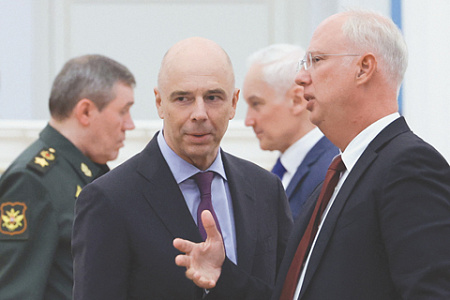
In a high-stakes diplomatic encounter, the leaders of the United States and Russia are set to meet in Alaska on August 15, with global attention fixed on their deeply divergent agendas. While Russian President Vladimir Putin has signaled a desire to discuss the creation of long-term peace in Europe and beyond, the White House has framed the summit as being squarely focused on the conflict between Russia and Ukraine. The palpable tension is amplified by nervous European allies, who fear that Washington might grant excessive concessions to Moscow at Kyiv’s expense.
The differing priorities are reflected in the leaders’ pre-summit statements. President Putin emphasized the need to establish conditions for global peace and hinted at a “next stage” of talks on strategic arms control, indicating a clear intent to broaden the discussion beyond a single conflict. In contrast, President Donald Trump’s administration has consistently centered its public messaging on ending the war in Ukraine. The seriousness of the talks is underscored by the high-level delegations, with Russia including its foreign, finance, and defense ministers, and the U.S. bringing its Vice President, Secretary of State, and Treasury Secretary.
Meanwhile, America’s European allies have issued repeated and unambiguous warnings, coalescing around a single principle: “nothing about Ukraine without Ukraine.” This sentiment has been formally expressed in joint statements by the UK, France, Germany, and others, as well as by the European Union. Their primary concern is that a bilateral deal between the U.S. and Russia could undermine Ukraine’s sovereignty and security interests, effectively sidelining Kyiv from decisions about its own future.
A “coalition of the willing,” comprised of nations prepared to deploy troops to Ukraine should a stable ceasefire be achieved, has outlined several key conditions for the summit’s success. They insist that substantive negotiations can only begin after a significant cessation of hostilities. Should Russia not agree to a truce, they demand that sanctions be intensified. The group also reiterated that international borders must not be altered by force and that Ukraine must receive credible security guarantees, with Russia holding no veto power over its potential membership in NATO or the EU.
Despite President Trump publicly downplaying expectations by suggesting a second, more productive meeting could follow, sources within the U.S. government report that he is deeply serious about achieving a tangible outcome in Alaska. According to a report by Axios, the American president is more determined than ever, viewing this not as a preliminary conversation but as a critical opportunity for a breakthrough. This raises the stakes considerably, as a failure to secure a meaningful result could significantly damage the credibility of his future diplomatic threats and initiatives on the world stage.
